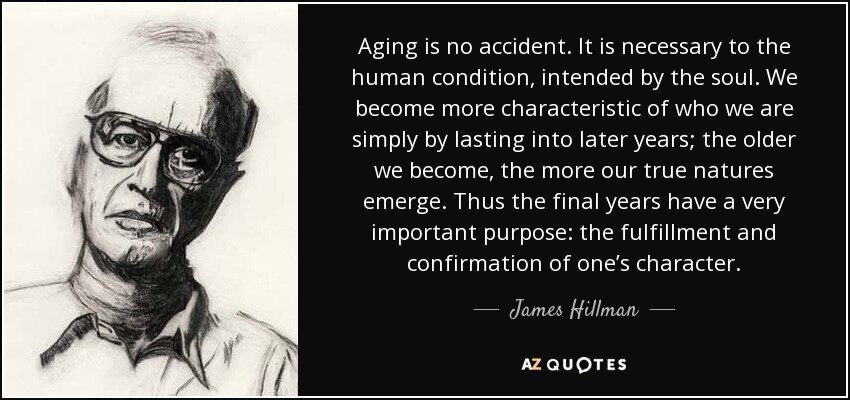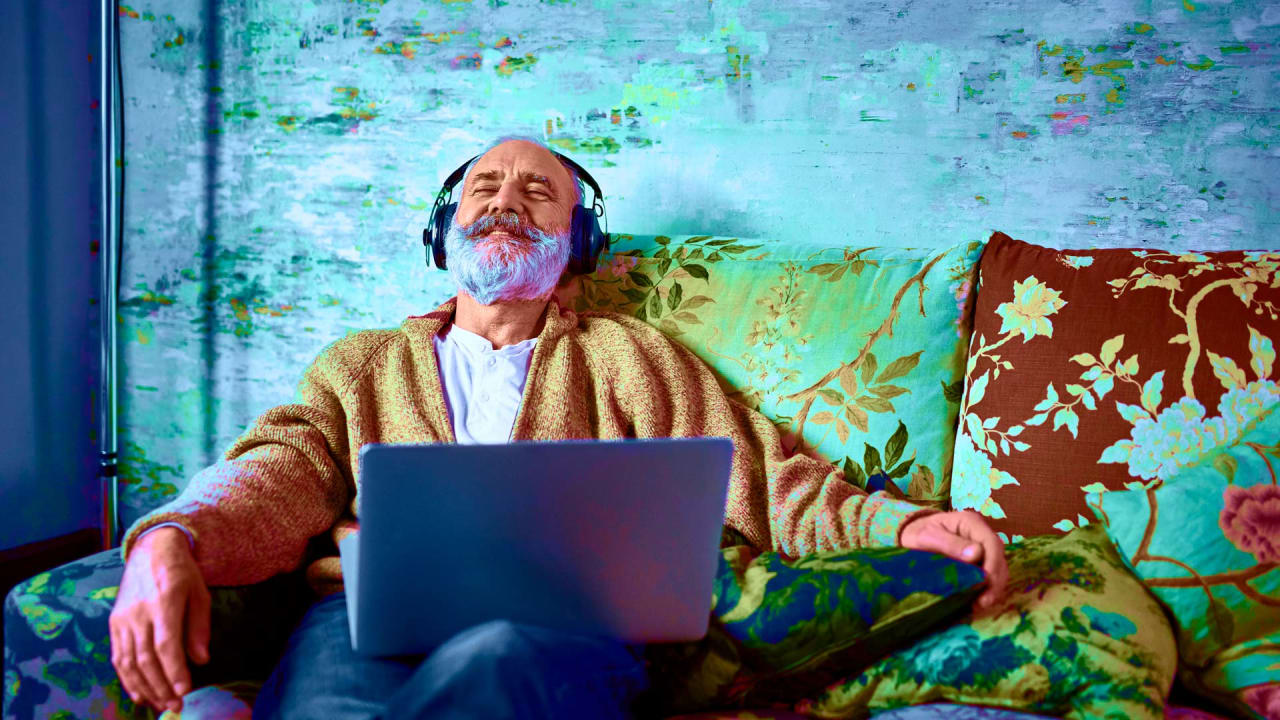A Jungian perspective:
“Thoroughly unprepared, we take the step into the afternoon of life. Worse still, we take this step with the false presupposition that our truths and our ideals will serve us as hitherto. But we cannot live the afternoon of life according to the program of life’s morning, for what was great in the morning will be little at evening and what in the morning was true, at evening will have become a lie.”
― C.G. Jung
Carl Jung writes that the afternoon of our lives represents the time when we begin to shift away from the ego being the dominant force in our life. We begin moving towards a life journey that has meaning. The morning of our lives is really occupied by ambition—getting as much as you can, collecting as much stuff as you can get, impressing as many people as you can, preparing yourself for a job, saving your money, setting goals, pleasing everybody, and doing the right thing. Even getting good grades in school revolved around the ego part of us, which really believes that who we are is what we do, what we get, and what other people think of us. That’s basically the essence of the ego. In the afternoon of your life, you don’t do life. You do what resonates with the callings of your soul.
― Wayne Dyer








